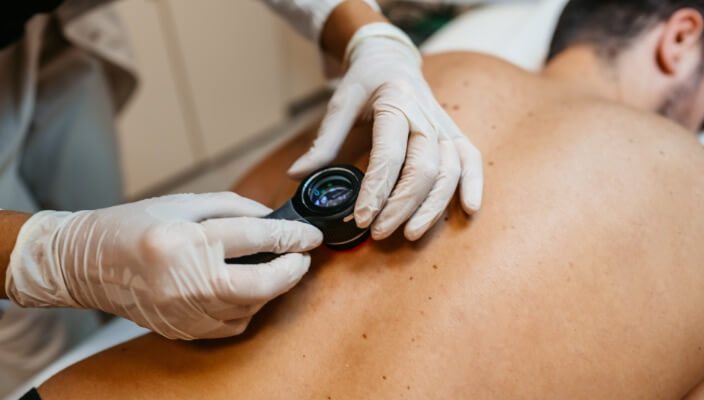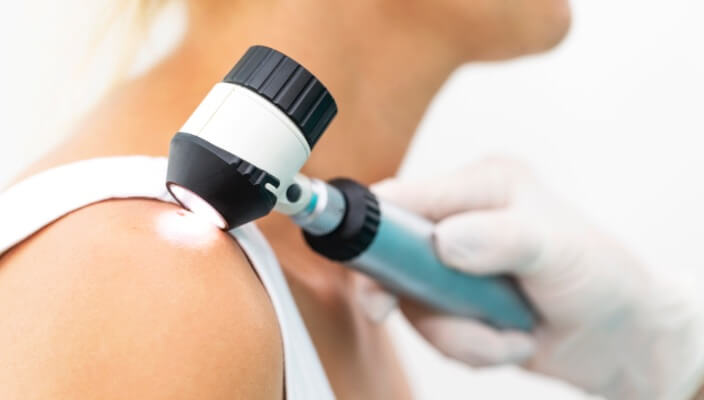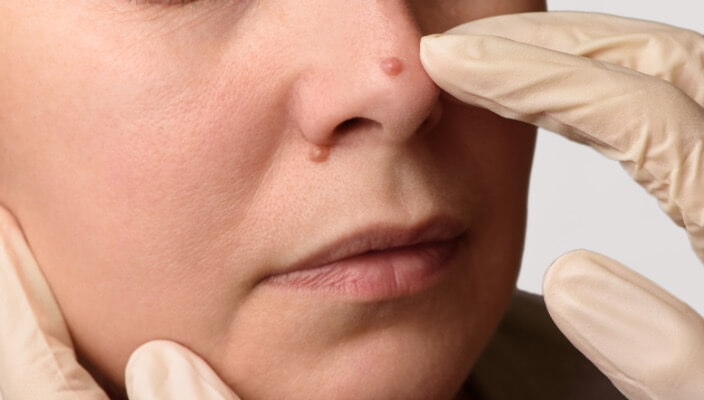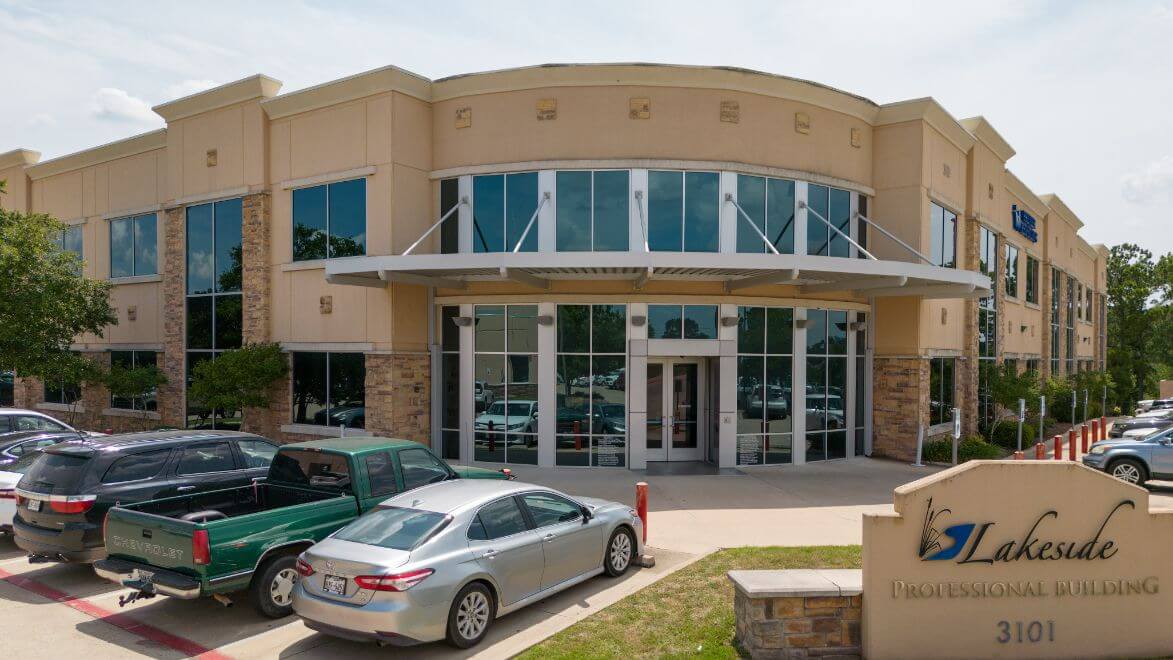In-Depth Look at Skin Cancer Rates in Texas
Rising Skin Cancer Rates in Texas
 Skin cancer remains a critical public health issue across the globe, and Texas, with its vast landscapes and relentless sunshine, is no exception. According to the Texas Medical Association, one in three Texans will develop a form of skin cancer in their lifetime. In recent years, the Lone Star State has witnessed a concerning rise in skin cancer rates, prompting a necessary conversation about prevention, early detection, and treatment. This article takes an in-depth look at the skin cancer landscape in Texas, exploring the factors that contribute to its prevalence and what Texans can do to protect themselves from this increasingly common yet preventable disease. Join us as we shed light on this pressing issue, aiming to raise awareness and inspire action among communities across Texas.
Skin cancer remains a critical public health issue across the globe, and Texas, with its vast landscapes and relentless sunshine, is no exception. According to the Texas Medical Association, one in three Texans will develop a form of skin cancer in their lifetime. In recent years, the Lone Star State has witnessed a concerning rise in skin cancer rates, prompting a necessary conversation about prevention, early detection, and treatment. This article takes an in-depth look at the skin cancer landscape in Texas, exploring the factors that contribute to its prevalence and what Texans can do to protect themselves from this increasingly common yet preventable disease. Join us as we shed light on this pressing issue, aiming to raise awareness and inspire action among communities across Texas.
Texas’ Complexion And Cancer
In Texas, skin cancer predominantly manifests in three main types: basal cell carcinoma, squamous cell carcinoma, and the more severe melanoma. While melanoma accounts for a small portion of cases, it poses a grave risk, often surfacing from unnoticed moles or patches.
Risk Factors
Other sources of skin cancer risk include tanning beds and lamps. Individuals with fair skin, a history of sunburns, excessive moles, a family history of skin cancer, or weakened immune systems face a higher risk of developing the condition. Living in sunny or high-altitude locations where the sun’s rays are more intense or having a lifestyle that involves extensive exposure to the sun also escalates the risk of skin cancer.
Why Variations Aren’t Just Skin Deep
Skin cancer disparities are due to wide variety of factors such as weather patterns, environmental factors, and access to education and healthcare resources. Wealthy, well-informed urban centers often show healthier profiles, while rural, less-advantaged areas struggle.
Skin Cancer Incidence Across The State
Texas’s diverse climate, ranging from humid coastal areas to arid desert regions, exposes its population to varying levels of UV radiation. Urban areas, with their dense populations and outdoor recreational culture, report significant cases annually. Rural areas are not spared either, with agricultural communities facing high exposure to UV radiation. Coastal locales where the cool Gulf waters welcome frequent visitors see different cancer frequency profiles than the rugged desert expanses.
How A Dermatologist Can Help Prevent Skin Cancer
Your best source for skin cancer prevention in Texas is a local dermatologist. Dermatologists conduct thorough examinations to spot early signs of skin cancer — changes in moles, color, texture, or unhealed scabs could all be entry points to deeper issues. Regular check-ups can lead to early detection, while dermatology also arms itself with cutting-edge technologies like Image Guided Radiotherapy to treat cancer effectively and non-invasively.
Image Guided Radiotherapy: Advanced treatments like Image Guided Radiotherapy used by Tru Skin Dermatology to zero-in on cancerous cells without harming surrounding tissue, offers patients a ray of hope in their fight against cancer.
Image Guided Radiotherapy is specifically designed to treat superficial non-melanoma skin cancer and keloids. In our clinic, our skilled physicians utilize a special tool called the SRT-100 for precise identification and eradication of skin cancer cells. This innovative device employs a gentle level of X-ray energy to effectively eliminate the cancerous cells. Following their removal, the process facilitates the regeneration of healthy skin cells in the previously affected area.
Shielding Skin From The Texas Sun
Prevention is the first and best line of defense against skin cancer. Sun safety isn’t a luxury; it’s a necessity, particularly in a state where the sun shines brightly year-round. Here are some tips to help protect yourself:
Dress for the Sun: Hats, sunglasses, and clothing that offer protection are not just fashion statements but functional defenses against UV damage. Wide-brimmed hats protect the face, neck, and ears, a common site for skin cancer.
Use Sunscreen: Sunscreens with an SPF of 30 or higher, reapplied as directed, form an essential part of the sun safety ensemble. For Texans, this isn’t just a seasonal consideration but a daily ritual, given the state’s generous dose of sunlight. Tru Skin Dermatology advocates for this daily protection with several sunscreen options, designed to safeguard skin under the toughest rays.
Nurturing Skin Health In Texas Communities
Leveraging community resources and fostering a shared sense of vigilance can significantly impact skin health across Texas. Education on skin health should break through all barriers—geographic, socio-economic, and language. Awareness campaigns in communities prone to high cancer rates can level the information playing field.
Partnering for Prevention: Public-private partnerships provide the horsepower necessary to galvanize proactive measures at scale. Initiatives like ‘Shades for Grades’ offer incentives for children to wear sunglasses on sunny school days, reinforcing habits from a young age.
Recognizing The Signs Of Skin Cancer
Early detection of skin cancer increases the chances for successful treatment, making it crucial to recognize its signs. The most common warning is a change in the skin, typically a new growth, a sore that doesn’t heal, or a visible change in an existing mole. The ABCDE rule outlines the features of unusual moles that may indicate melanomas: A for asymmetry (one half of the mole doesn’t match the other), B for border irregularity, C for color that is not uniform, D for diameter greater than 6mm (about the size of a pencil eraser), and E for evolving size, shape or color. If you observe any of these signs, it’s important to consult a dermatologist promptly for evaluation.
Engaging With Change For A Sun-Safe Texas
Change isn’t just a call; it’s a conversation, especially when it comes to ingrained habits and attitudes towards sun exposure. In this final call to action, we invite Texans to join the movement towards a sun-safe culture.
Planting trees and creating shade structures isn’t just about aesthetics; it’s about providing a refuge from the sun’s relentless gaze. Community projects geared towards this end reinforce the message of shared responsibility in skin health.
Schedule A Free Skin Cancer Screening Today
The prevalence of skin cancer in Texas underscores the importance of proactive skin health management. The Lone Star State’s unique climate poses particular risks and challenges, making awareness, prevention, and early detection more vital than ever. Given the stakes, consulting with dermatology experts can significantly impact outcomes for individuals at risk or currently facing skin health issues. For those in Texas and beyond, our team at Tru-Skin Dermatology is equipped with the knowledge, experience, and commitment to provide comprehensive care. If you need preventive guidance, screenings, or treatment options, we encourage you to reach out. Together, we can guard against the sun’s harmful rays and fight back against skin cancer.
Featured Sunscreens

SkinCeuticals Daily Brightening UV Defense Sunscreen SPF 30
Daily Brightening UV Defense Sunscreen SPF 30 combines broad spectrum UV protection with a potent blend of discoloration-correcting and hydrating ingredients for brighter, more even skin. 1% tranexamic acid, 2% niacinamide, and 0.3% phenylethyl resorcinol help reduce existing discoloration while broad spectrum chemical UV filters help protect against future sun damage. 1 fl oz / 30 mL

ZO® Gel Sunscreen Broad-Spectrum SPF 50
A clear and unscented gel sunscreen with a complexion-smoothing finish for all skin tones. Exclusive antioxidant + plant stem cell complexes minimize the aging effects of environmental aggressors. Water and sweat resistant up to 40 minutes. Fragrance-free. 45 g / 1.6 Oz.
Featured Blogs

- Skin Cancer
- General Dermatology
- Skin Exams
- Sun Safety
- Skin Care
Texans have an increased risk of skin conditions due to the fluctuating climatic conditions. Therefore, Tru-Skin Dermatology provides our Texas patients with regular check-ups for their skincare.
Read More
- Skin Cancer
Image-guided superficial radiation therapy (IG-SRT) is a non-surgical treatment option for non-melanoma skin cancers. Learn about this treatment offered at Tru-Skin Dermatology.
Read More
- General Dermatology
Are you dealing with the discomfort and embarrassment of warts, cold sores, or other skin growths? At Tru-Skin Dermatology, we understand the impact these skin conditions can have on your life. Our team of expert dermatologists provides personalized care and effective treatments to help you achieve healthy, beautiful skin.
Read More


